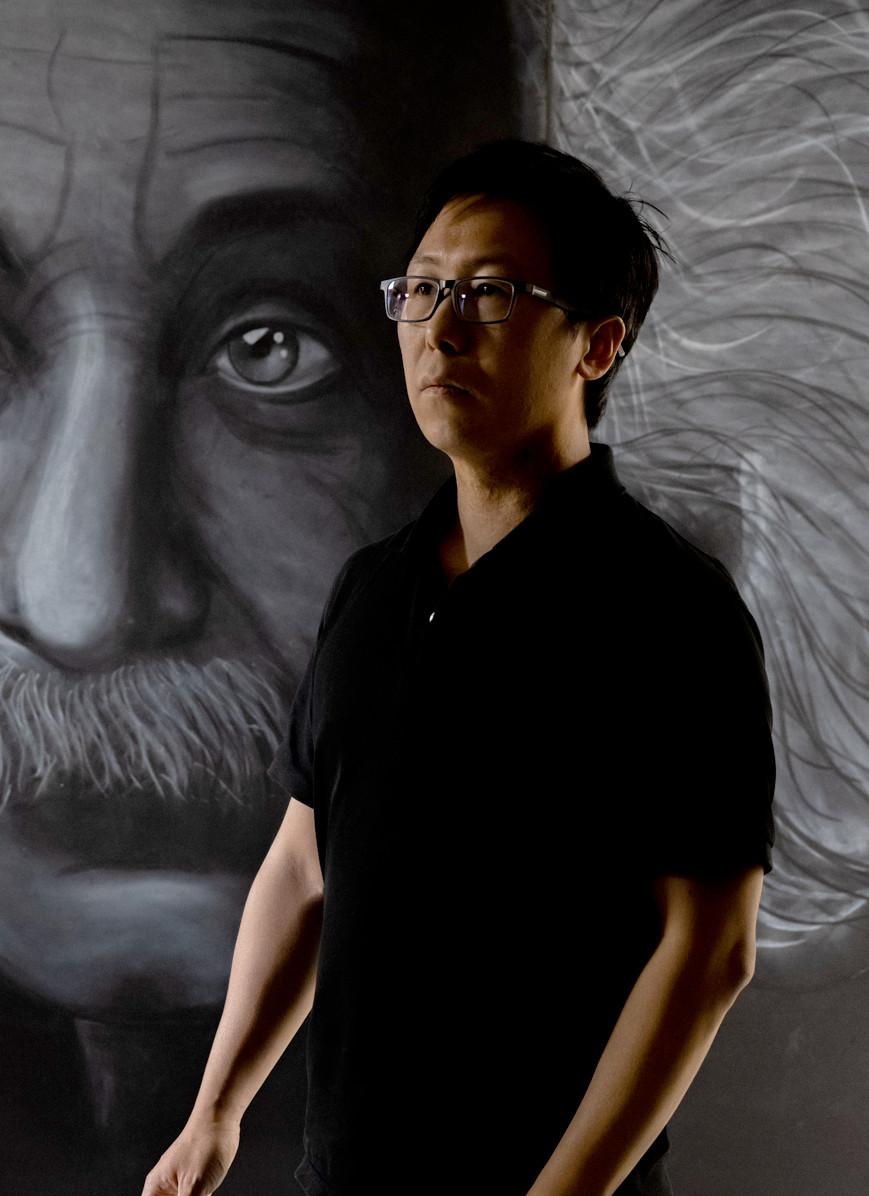Sparking Imaginations With Black Hole Images
TalkGravitational waves, black hole shadows and exoplanets: Can we make a place for cutting-edge results in schools?
4th Shaw-IAU Workshop
Tuesday Nov. 15, 2022
UTC: 8:40 p.m. - 8:45 p.m.
Thursday Nov. 17, 2022
UTC: 8:40 a.m. - 8:45 a.m.
Black holes are regions of extremely distorted spacetime that not even light can escape. As predictions of Einstein's general theory of relativity a hundred years ago, black holes have captured the public's attention for many years and have influenced science friction, movie, music, and pop cultures. When we released the first ever images of black hole at the center of M87 in 2019 and our Milky Way earlier this year, students all across the world learned that black holes are real, and learned that through science, we can make predictions that were once beyond our imaginations. Using this opportunity, the EHT engages with students at all levels to promote astronomy, scientific thinkings, and mathematical reasonings. In this short talk, I will share the methods and lesson-learned from the EHT.
About Chan Chi-Kwan
Chi-kwan Chan (CK) is an Associate Astronomer/Research Professor at Steward Observatory and the Department of Astronomy, University of Arizona, and has been serving as the Secretary of the Event Horizon Telescope (EHT) Science Council since 2020. He recently led the publication of the computational and theoretical modeling/interpretation of our black hole, Sgr A*. Dr. Chan created EHT’s computational and data processing infrastructure and continues to lead it to this day, along with EHT’s Software and Data Compatibility Working Group. He is a Senior Investigator of Black Hole PIRE, a leader of the Theoretical Astrophysics Program TAP, a Data Science Fellow, and a member of the Applied Mathematics Program. In addition to pioneering the use of GPU to accelerate the modeling of black holes, Dr. Chan also developed many new algorithms to improve and accelerate modern research, built cloud computing infrastructures for large observational data, and applied machine learning algorithms to speed up and automate data processing. Dr. Chan has taught and mentored in subjects of machine learning, numerical analysis, cloud computing, and quantum computing, and is an avid hiker.
Watch a recording of this talk (external link)





